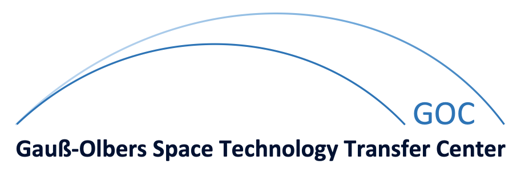| Kurzfassung: |
Hands-free communication devices are commonly used
e.g. in offices or car environments. These devices have to cope with several
problems such as ambient noise, acoustic echoes and room reverberation. Reverberation
is caused by reflections at room boundaries in closed spaces and increases with
the spatial distance between the loudspeaker and the near-end user. A high
amount of reverberation decreases speech intelligibility at the position of the
near-end speaker. Listening-room compensation (LRC) can be used to reduce the
influence of reverberation on acoustic signals. However, such algorithms may have an impact on the
perception of the sound quality of the dereverberated
signals. In this contribution the performance of dereverberation algorithms
will be analysed. The evaluation of the sound quality of the dereverberated
signals was done by the subjective listening tests. Additionally, the objective
judgement of the dereverberated signals was accomplished by using different objective
measures that are expected to be able to assess the quality of the LRC
algorithms. The objective measures were classified in two different classes:
measures that are based on the impulse response of the system and measures that
are based on the signals. The results of the objective and subjective
evaluation will be compared by correlation analysis.
|







